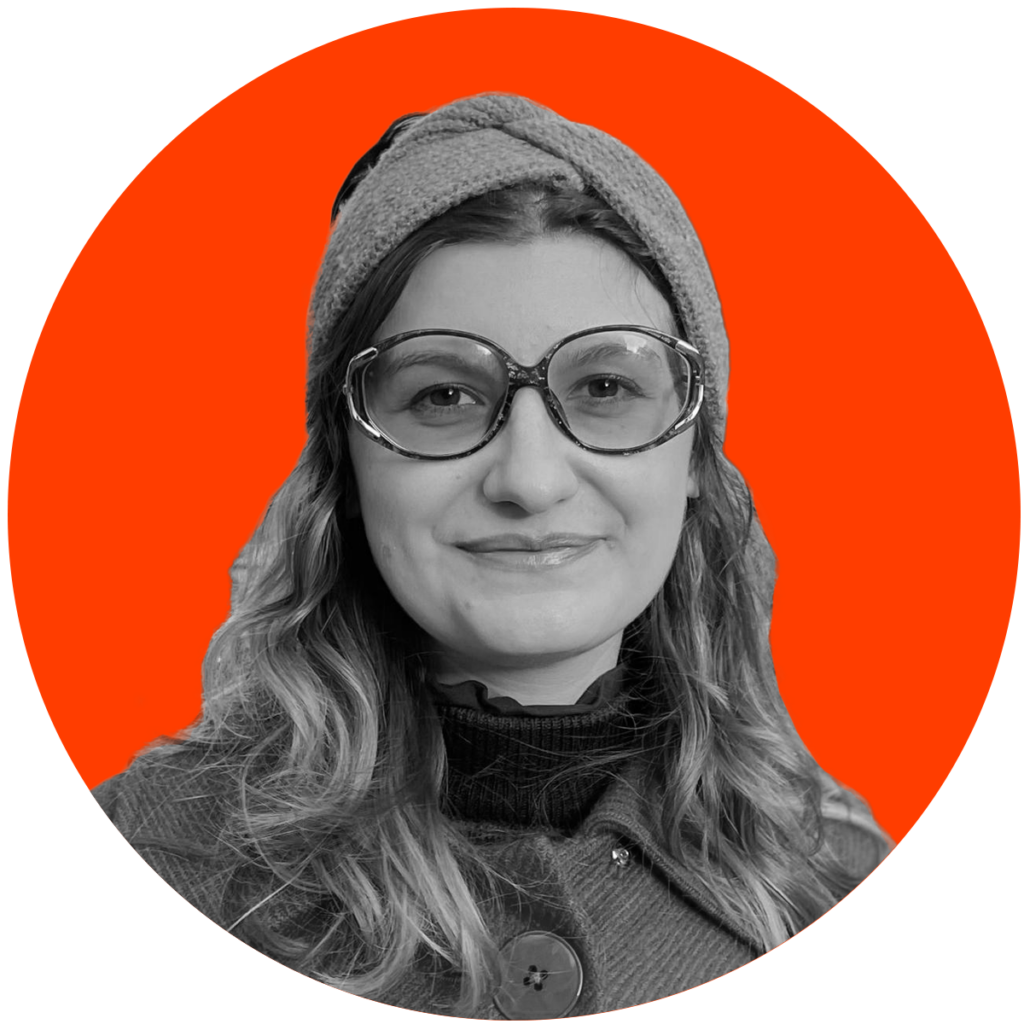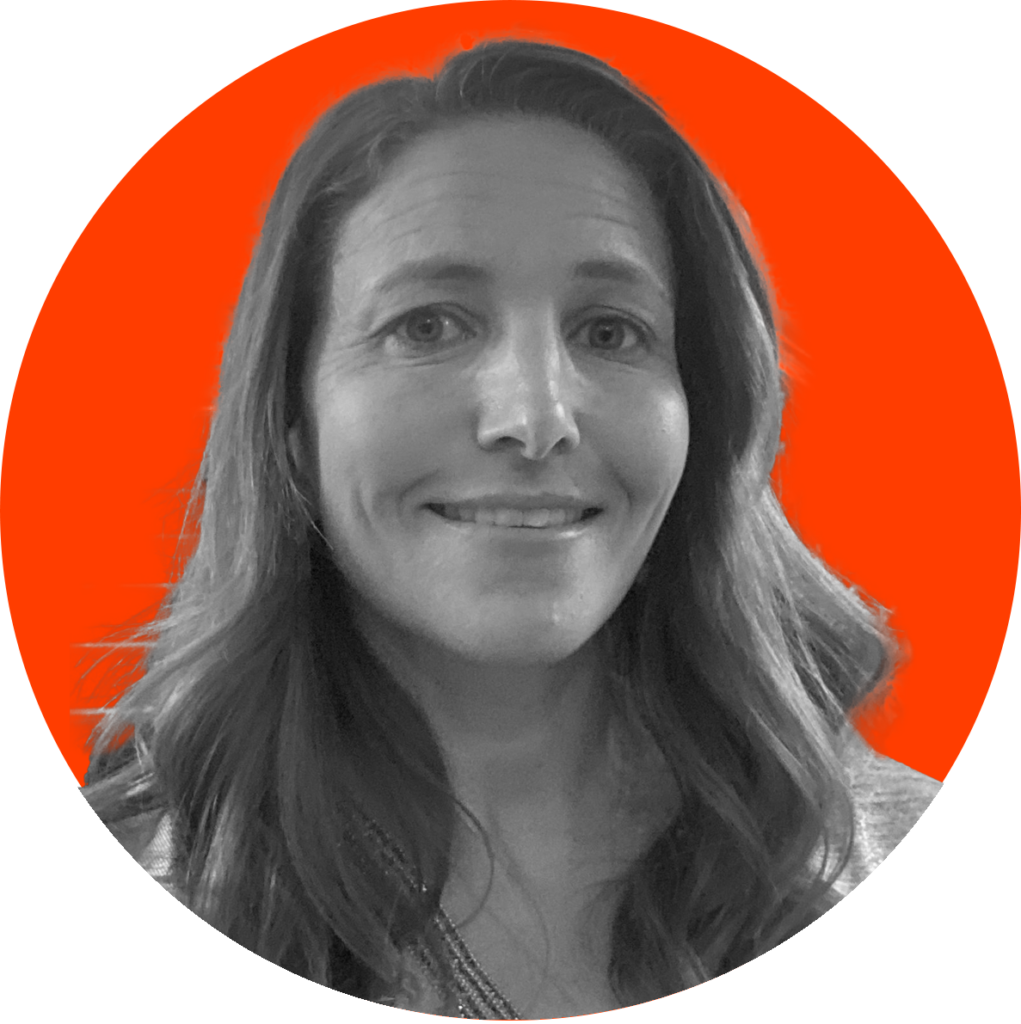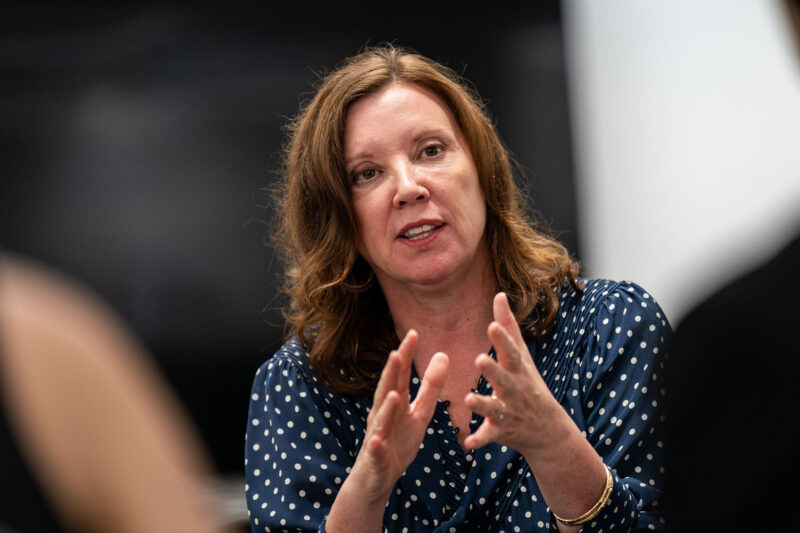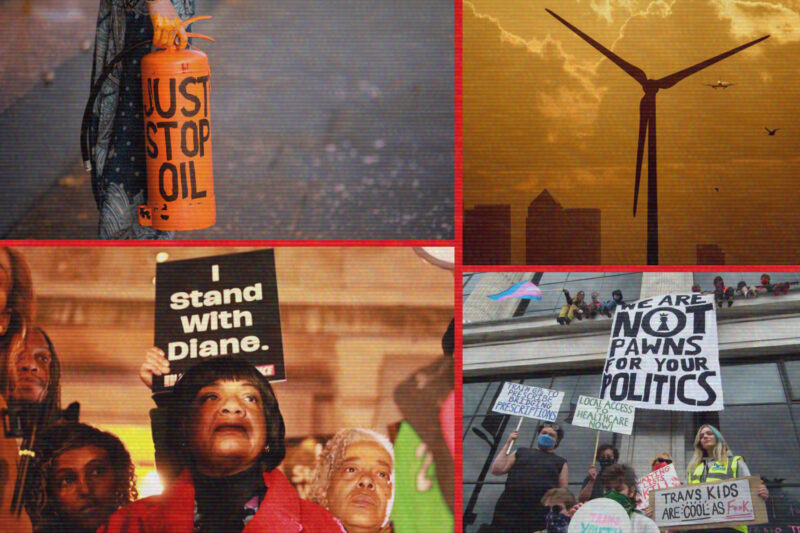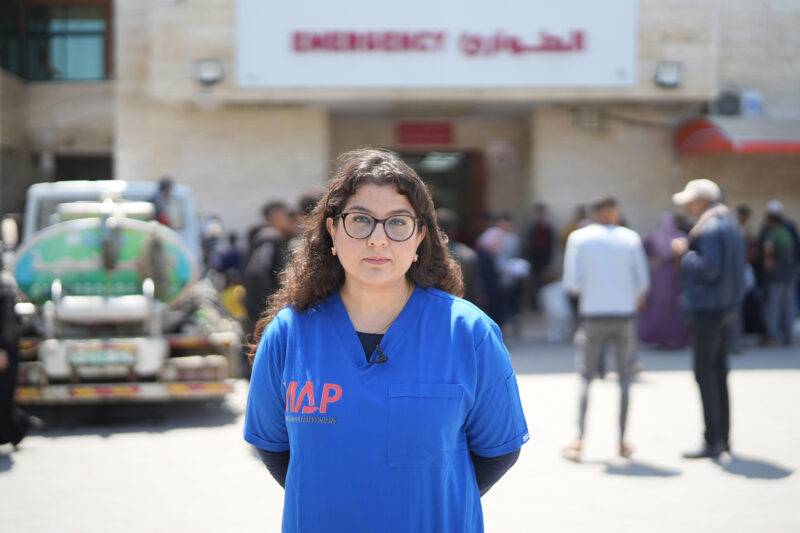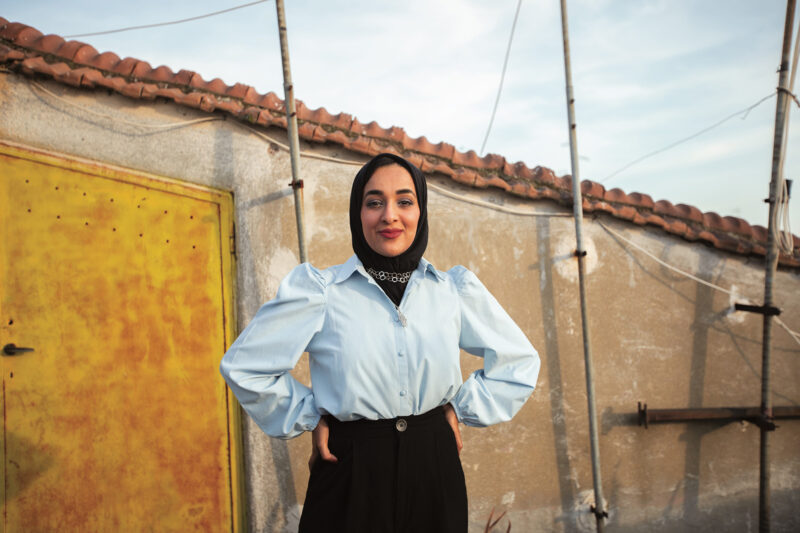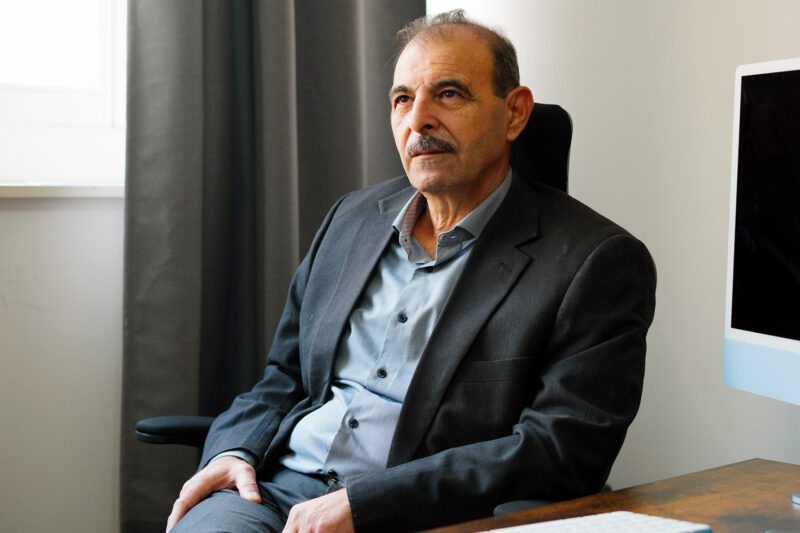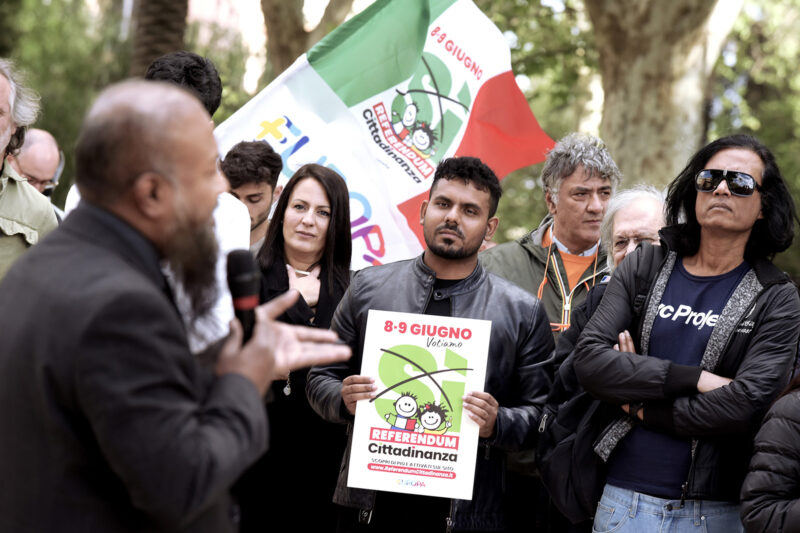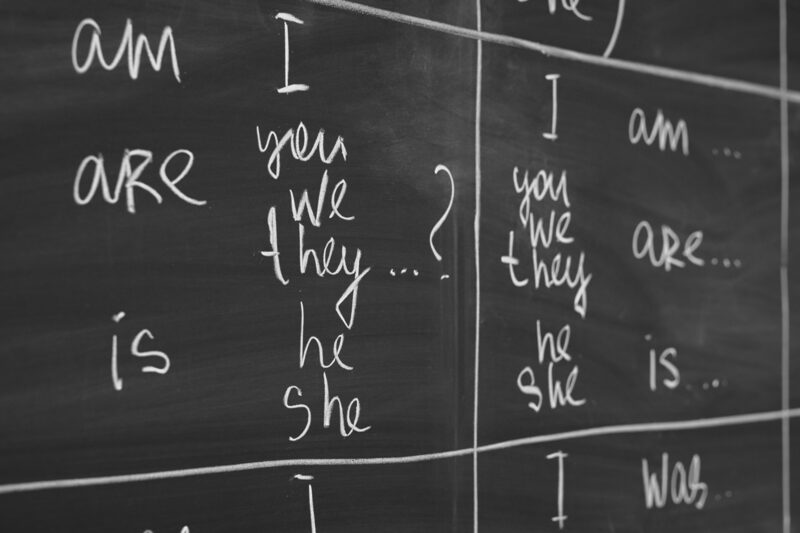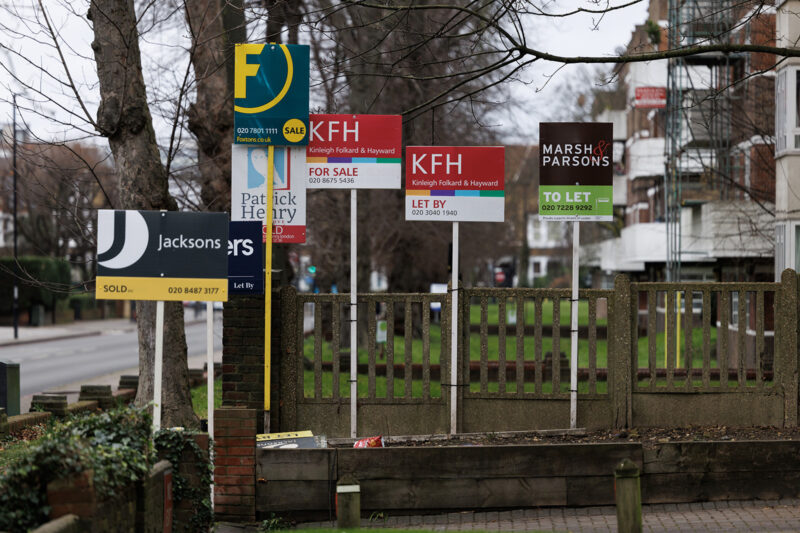Left in limbo, displaced Gazans rely on volunteer counsellors for support
In Egypt, the only mental health support for Palestinians comes from an informal network of international counsellors and therapists — despite the severity of the trauma
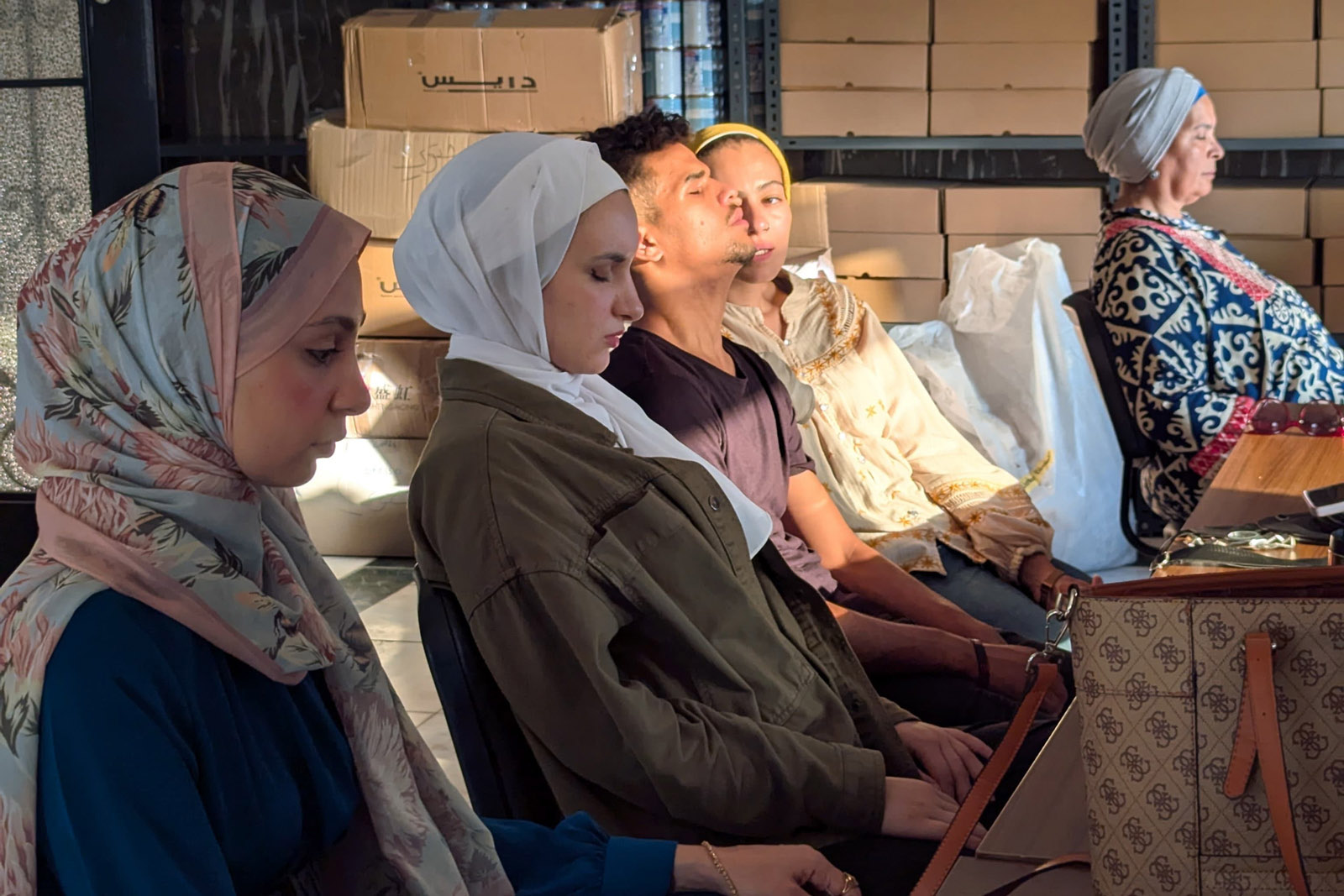
A group of children sit eating their lunch on a blanket laid out on the floor of a cramped seventh-storey apartment in the concrete jungle of Nasr City, eastern Cairo. There are 13 children living here, aged between two and 17. Eight are orphans. Some climb on the beds in the living room. The younger ones ask their grandmother to help them change, the teens stare at their phones, and one girl asks her mother how to make maklouba, a rice dish.
This is their new home after escaping the war in Gaza in March. In all, 16 members of the al-Gharabli family share four bedrooms, one bathroom and an uncertain future.
Their story is harrowing. Two brothers, their wives and three daughters were killed in an Israeli strike on their four-storey house in Khan Younis on 18 October 2023. The remaining eight children were rescued from the rubble with substantial injuries. After being treated in hospital, they were reunited with other relatives, including their aunt Maysa and their grandmother Naela, in Rafah.
Through a fundraising campaign, the family was able to raise enough money to pay the £35,700 fees to cross the border into Egypt in March — an exorbitant amount in Gaza, where, before the Israeli invasion, the average daily wage was the equivalent of £15.
Now they are safe, but their journey is only really beginning. The Egyptian government has not yet recognised displaced Palestinians as refugees. Without status or residency — and with many of their personal documents destroyed — Palestinians cannot enrol in schools, secure jobs, or receive mental health support through the Egyptian healthcare system. They need financial help just to meet their basic needs, such as rent, food and medical care. At the same time, the psychological trauma is enormous. Even before 7 October, Palestine had one of the highest levels of mental health issues in the eastern Mediterranean region, with two-thirds of the population showing signs of psychological distress after decades of occupation and violence.
Now, with more than half of all buildings in Gaza damaged, and still no sign of a ceasefire after a year of war, many of these families have nothing to go back to — but no stability in Egypt either. “There is immense sadness within each of us,” says Naela al-Gharabli, 60. “One only puts on a brave face for the sake of the kids.”
Their only aid comes from a patchwork of local grassroots initiatives that have stepped in to help the Palestinians left in limbo. Mental health support has been particularly hard to come by. Initially, a small network of Arabic-speaking psychologists scattered across the UK, Europe, the US and the Middle East began offering therapy online through video calls. Slowly, the initiative began to grow. Since May, PalPsyche Line, a group of mental health professionals and volunteers, has been working in Cairo to support families like the al-Gharablis. Some are psychiatrists and psychologists with years of experience. Others are volunteers with only a few days’ training.
The network is coordinated by Amy Estrada, an American professional mental health counsellor who has lived in Cairo since 2017, and converted to Islam two decades ago. Professionals from around the world, including the UK, have also flown in to deliver workshops, aiming to equip volunteers with basic skills to help them offer emotional support to forcibly displaced people. So far they’ve worked with 35 Gazan families.
“When everything started back in October I felt I needed to take action,” says Lama Bouchema, a psychodynamic counsellor from Bristol, who works with Estrada to provide therapy to Gazans remotely. So far, Bouchema and her colleagues have worked with 14 families.
“There is minimal official international support for Gazans arriving in Egypt,” Bouchema adds. The United Nations Relief and Works Agency for Palestine Refugees (UNRWA) is not mandated by the UN to assist Gazans or Palestinians in Egypt. “Instead, much of the aid has come from grassroots organisations and individuals working in a personal capacity.”
This isn’t an uncommon situation for wars and crisis zones, especially when needs are not being met by governments or aid agencies. “Where needs are overwhelming and resources limited, informal social support networks within affected communities form an invaluable part of the humanitarian response,” says Sebastian Herwig, a senior external relations officer at the United Nations High Commissioner for Refugees (UNHCR), the UN’s refugee agency.
But training is still essential — such as how to know when someone’s mental health needs are so severe or complex as to be beyond a volunteer’s remit. “Support by non-specialised volunteers cannot replace clinical care by mental health professionals,” says Herwig.
All the same, for Estrada, doing something is better than doing nothing. “You don’t need to know everything to be able to do something,” she tells participants at a workshop in Cairo in September that Hyphen was invited to observe. “Right now, it’s an emergency, so we have to deal with it like it’s an emergency.”
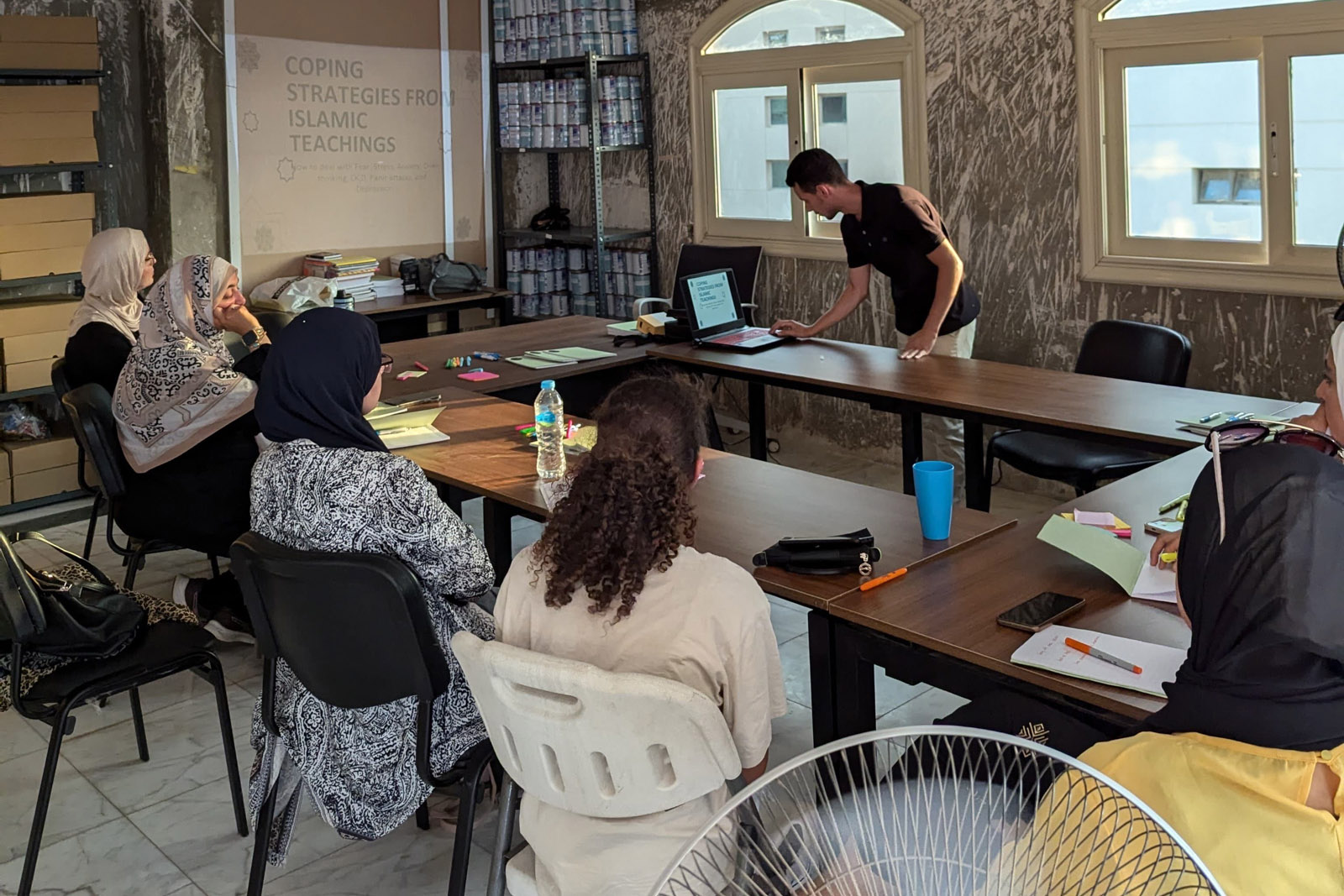
During the 18-hour course, which spans three weekends, the volunteers learn the “LUV” model: listen, understand and validate. They are taught the signs of grief and trauma, and find out how to identify serious mental illnesses that need more professional help. Estrada personally assigns volunteers with a family or individual from Gaza, and follows up on all cases, supervising each step. Any sign of suicidal ideation from the cases receiving support is immediately escalated to Estrada, who develops an emergency plan.
Bouchema acknowledges that not everyone is in the right kind of psychological space to engage with therapy. “As psychotherapists, we need to think about the work that we’re doing in the context that the Palestinians are living in. Sometimes it doesn’t work to have sessions when you’re struggling to find food to put on the table for your family,” she says.
The biggest demand for mental health support among displaced Gazans comes from parents looking for help for their children. Bouchema says about 60% of the referrals she has seen are for kids. “I think sometimes it’s easier for a parent to say that their child is struggling than to admit they themselves are — not to point the finger at the child, but because the child’s needs might be easier to address.”
Many of her clients present with the same symptoms. “We come across a lot of PTSD symptoms: nightmares, people not being able to sleep, a lot of anxiety, depression,” she says, adding that suicidal thoughts are also common. “These are humans. This is not the first time this has happened to them. They’ve been through wars and so many losses and there are a lot of historical traumas going on.”
But, she adds, “I’ve observed that many Gazans have a strong faith, which I believe plays a crucial role in helping them maintain hope and serves as a protective buffer in such difficult situations.”
Egyptian psychotherapist Lamees Farran works with PalPsyche Line and had attended their training before working with the al-Gharabli family. She meets with them once a week and checks on them with frequent phone calls.
“Mainly we worked on being mindful and dealing with the distress,” Farran says.
Maysa al-Gharabli, 36, says providing ways to keep the children busy was helpful for both their mental wellbeing and hers: “Kids love playing, eating, going out. That’s how they feel happy.”
She does her best to stay strong for her family. But every night she scrolls through the old pictures on her phone and cries before she goes to sleep.
“It takes a lot of time,” Farran says. “Normally coming out of grief can take years, so imagine someone coming out of a war and grief and having a stressful life. It’s really hard.”
Maysa says she is grateful for the support Farran has given her and her family, despite the enormous burden on her shoulders. “The responsibilities are huge. It’s like one’s life is over,” Maysa says. “No one can change this, but it helps that someone listens to you.”
In the UK or Ireland, Samaritans can be contacted by phone on 116123, a free service. You can find other ways of contacting Samaritans here. In the UK, the registered charity Mind provides support, information and advice for a wide range of mental health issues.
 Newsletter
Newsletter

